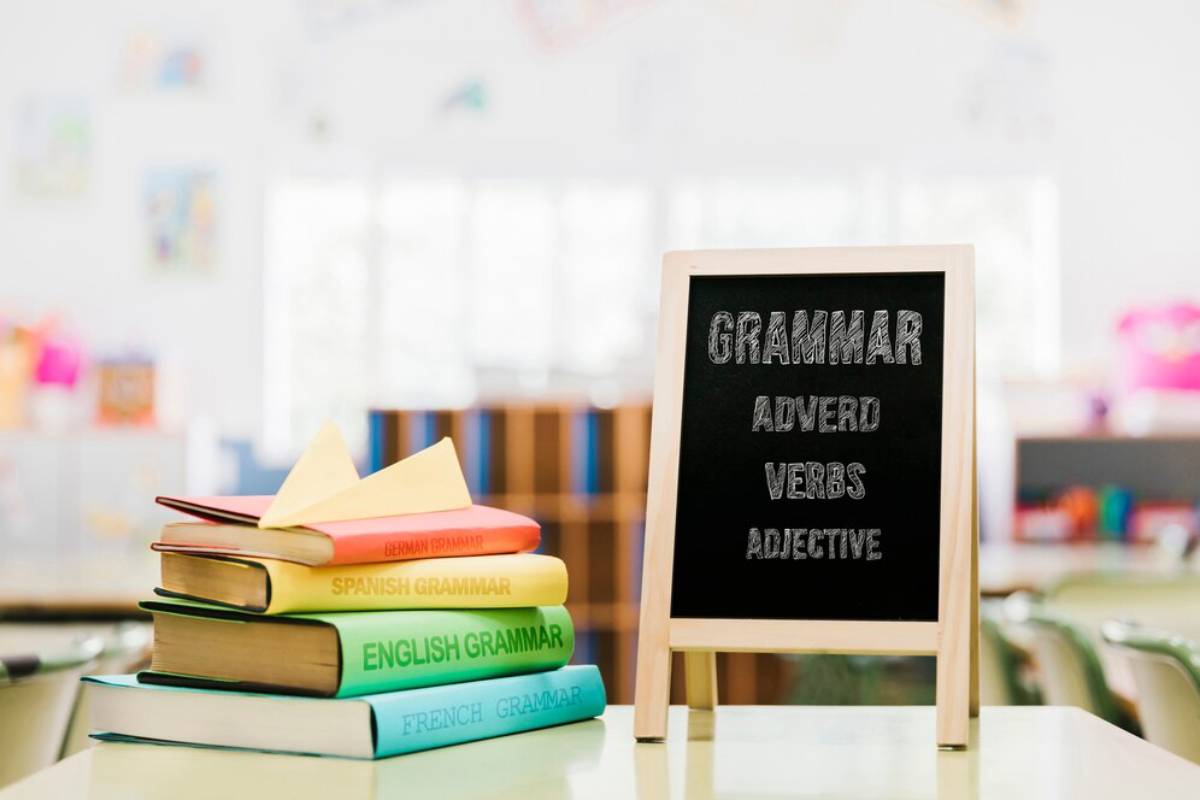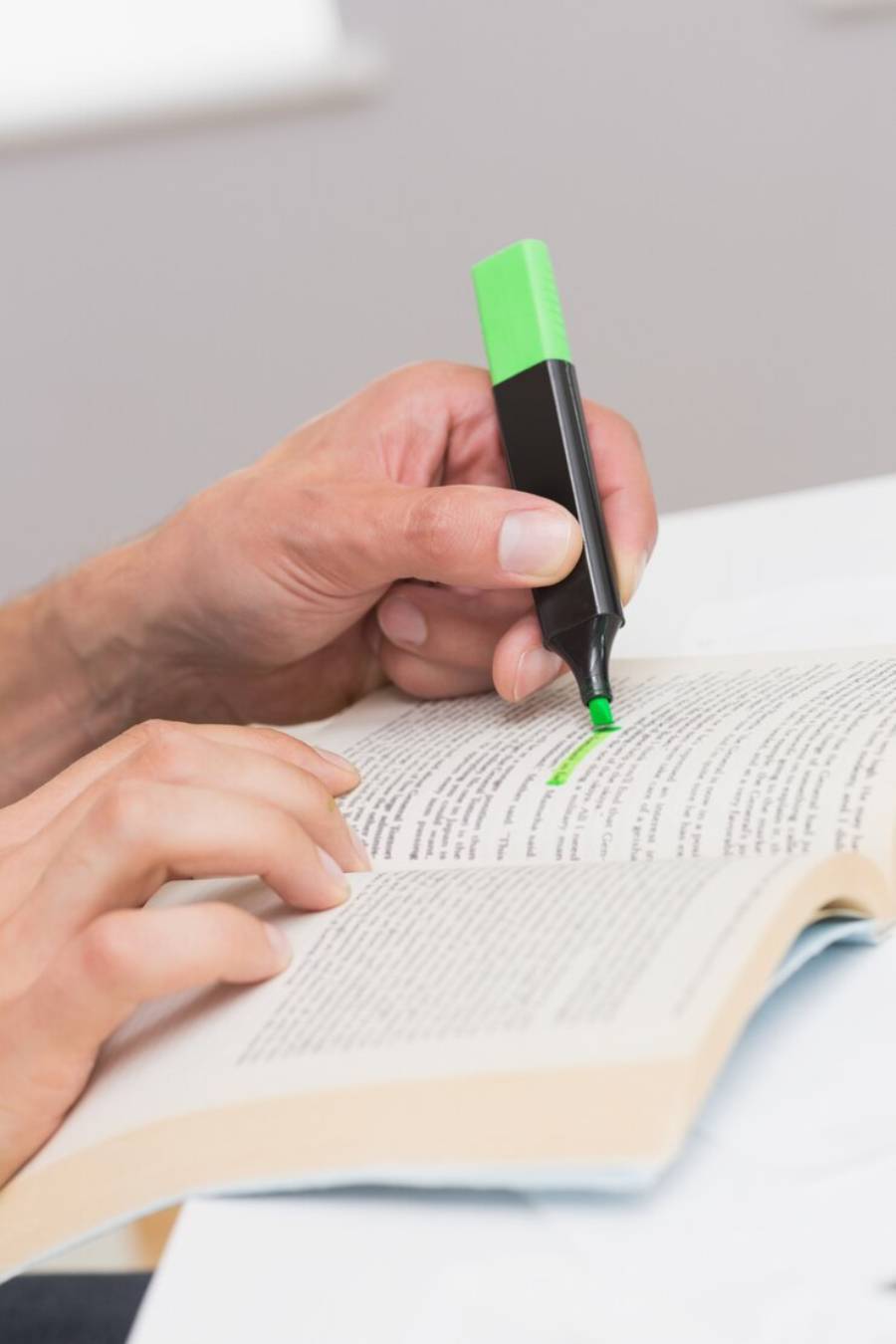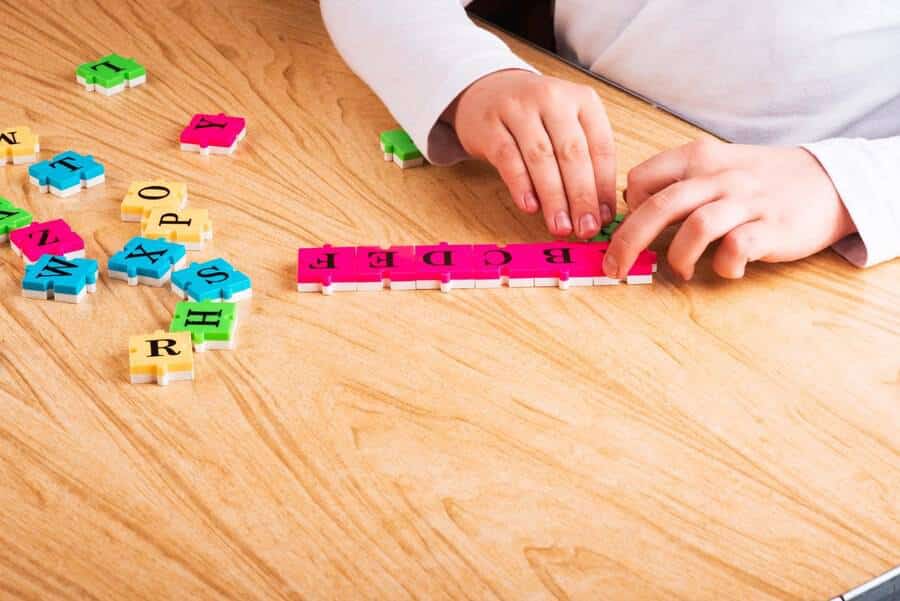
How to Memorise 1000 New Words in 60 Days
Memorising vocabulary often feels like running uphill with a backpack full of random words. You try your best, but most of it doesn’t stick. Sound familiar?
What if we told you that learning 1,000 new words in just 60 days isn’t only doable — it can also be efficient, fun, and deeply rewarding?
The trick isn’t to work harder. It’s to work smarter. With the right combination of proven techniques — including the memory palace method, spaced repetition learning, and a few personal hacks — you can dramatically speed up your vocabulary retention.
This article will walk you through a structured approach to reach your 1,000-word goal, show you what science says about memory, and help you create habits that make every word stick for good.
Why Focus on 1,000 Words?

Aiming for 1,000 words gives you a strong, practical vocabulary base.
Research shows:
- The most-used 1,000 words in most languages cover 80% of everyday speech
- With them, you can hold basic conversations, read beginner content, and understand essential context
- It’s a high-leverage goal — realistic, trackable, and motivating
If you can learn 17–20 words a day for two months, you’ll get there.
Start With the Right Framework
Break It Down:
- 1,000 ÷ 60 days = ~17 words per day
- That’s 119 words per week
- Include daily review, weekly revision, and monthly recap
Stick to a manageable pace to avoid burnout, and use systems that naturally reinforce what you learn.
1. Use Spaced Repetition Learning (SRS)
Spaced repetition is one of the most powerful tools for long-term memory retention. It works by reviewing words just before you’re about to forget them.
How to implement:
- Use SRS apps like Anki, Quizlet, or Memrise
- Schedule reviews with increasing gaps (1, 3, 7, 14 days)
- Review both new and previous words daily
Explore the science in The Science Behind Learning a New Language Quickly for why SRS outperforms traditional study methods.
2. Build a Memory Palace
A memory palace turns abstract vocabulary into vivid, memorable images placed inside familiar mental “locations.”
Steps to create one:
- Visualise a real or imagined space you know well (your home, school, or a fantasy world)
- Assign rooms or areas to word themes (e.g., kitchen = food vocabulary, bedroom = emotions)
- Place each word in a specific spot with a funny or exaggerated image
Example:
To remember the French word fenêtre (window), imagine a fennec fox jumping out your bedroom window — boom, it sticks.
3. Learn Words in Themes and Clusters
The brain loves context and association.
Instead of learning 20 random words, group them by topic:
- Thematic: Colours, animals, travel, emotions
- Situational: At a restaurant, at the airport, shopping
- Grammatical: All adjectives one day, all verbs the next
This mimics real-life usage and helps with sentence-building.
4. Create Mini Stories
Storytelling enhances memory because it adds emotion, sequence, and logic.
How to do it:
- Pick 5–10 words from today’s list
- Weave them into a short, silly story
- Read or say the story aloud
Example: “On a bus, a penguin played the guitar while drinking orange juice and reading a cookbook.” Weird? Yes. Effective? Absolutely.
5. Speak and Write Daily
You remember what you use. Speaking and writing activate productive recall, which is essential for long-term retention.
Quick practices:
- Keep a daily journal using new words
- Record short voice memos describing your day
- Chat with language partners and use your latest vocabulary
- Create sample sentences for every new word
Related Read: Try techniques from How to Practise Speaking a New Language Without a Partner if you’re learning solo.
6. Track Your Progress Visually
Visual progress boosts motivation and habit reinforcement.
Ideas:
- Print a 1000-word checklist and tick off each word
- Use a wall calendar and mark off successful days
- Keep a digital progress bar in a spreadsheet
Every tick is a mini reward that keeps you going.
7. Use Flashcards With Visual and Auditory Hooks
Combine flashcards with:
- Images that represent the word
- Audio recordings of pronunciation
- Personal associations or sample sentences
Use digital flashcards (Anki, Brainscape) or physical cards with doodles or icons — whatever works best for your learning style.
8. Test Yourself Regularly
Testing improves retention more than rereading. It engages active retrieval, helping build stronger memory links.
Mini-test formats:
- Translate today’s words from your native language
- Do a “blank fill” test with missing words
- Write short stories without looking at notes
- Use apps with quiz modes
Aim to review older words weekly with these self-tests.
Sample Daily Routine
Here’s a 45-minute day plan:
- 10 min – Review yesterday’s words (SRS app)
- 15 min – Learn 15–20 new words in clusters
- 10 min – Use new words in a mini story or sentences
- 5 min – Say them aloud or record yourself
- 5 min – Visualise your memory palace and place each new word
Staying consistent — even if you only manage 20–30 minutes — is what drives success.
Real-Life Story: How Leo Hit 1,000 Words in 2 Months
Leo, 27 – Music Teacher. With a trip to Brazil coming up, Leo wanted to build Portuguese vocabulary fast. He gave himself 60 days, started using Anki for SRS, and created a memory palace based on his music school.
Each classroom had themed vocab (instruments, verbs, emotions), and he reviewed daily while commuting. He also spoke into his phone during lunch breaks.
“By week 6, I was texting friends in Portuguese,” Leo shared. “It felt natural, like the words were mine.”
He not only met his goal — he remembered it all.
Common Mistakes to Avoid
Avoid these traps to stay on track:
- Trying to memorise everything at once
- Skipping reviews — forgetting is normal, but reversible
- Avoiding speaking — use the words, don’t just know them
- Overloading with abstract vocab — keep it practical and relevant
- Using only one method — mix and match (visual, verbal, thematic and kinesthetic
Smart learning beats hard learning.
Conclusion: Make Every Word Count

If 1,000 words sound overwhelming, remember this: every word you learn is a door to connection, a step toward fluency, and a tool for expression.
By using methods like spaced repetition learning, the memory palace technique, and creative storytelling, you make vocab memorisation not only doable, but deeply enjoyable.
Start today. 17 words a day. Two months. No cramming. No burnout. Just momentum.
Let your vocabulary grow — and let your fluency follow.


